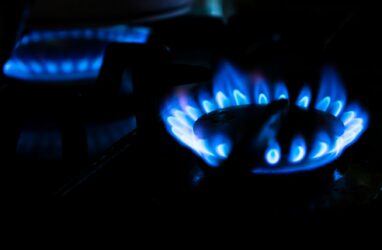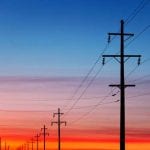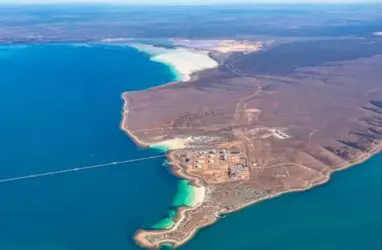Feed aggregator
Vietnam to roll out ETS in three phases
German firms demand climate action as government talks continue
A budget splash to conserve 30% of Australia’s lands will save species – if we choose the right 30%
Regulator finds fossil fuel group engaged in greenwashing in defence of gas stoves
The post Regulator finds fossil fuel group engaged in greenwashing in defence of gas stoves appeared first on RenewEconomy.
Mysterious foam on South Australian beaches caused by bloom of tiny but toxic algae
Algae blooms can be a problem for marine life and people but it’s not yet clear if warmer oceans and nutrient runoff are causing more of them
Confronting images of dead seadragons, fish and octopuses washed up on South Australian beaches – and disturbing reports of “more than 100” surfers and beachgoers experiencing flu-like symptoms after swimming or merely breathing in sea spray – attracted international concern last week.
Speculation about the likely cause ranged from pollution and algae to unusual bacterial infections or viruses. We can reveal the culprit was a tiny – but harmful – type of planktonic algae called Karenia mikimotoi.
Continue reading...Snowy’s delayed gas plant finally enters grid system, as Forrest closes in on gas import terminal
The post Snowy’s delayed gas plant finally enters grid system, as Forrest closes in on gas import terminal appeared first on RenewEconomy.
What’s really driving high power bills (hint, it’s not renewables) and how can we reduce them?
The post What’s really driving high power bills (hint, it’s not renewables) and how can we reduce them? appeared first on RenewEconomy.
Murdoch media reports of green hydrogen’s latest failure have been greatly exaggerated, SA govt says
The post Murdoch media reports of green hydrogen’s latest failure have been greatly exaggerated, SA govt says appeared first on RenewEconomy.
Climate-related heatwaves pushed up energy sector emissions in 2024, despite record wind and solar
The post Climate-related heatwaves pushed up energy sector emissions in 2024, despite record wind and solar appeared first on RenewEconomy.
NZ dairy firm continues to slash Scope 1 and 2 emissions
Australian long-duration battery hopeful secures US patent for “game-changing” storage chemistry
The post Australian long-duration battery hopeful secures US patent for “game-changing” storage chemistry appeared first on RenewEconomy.
Washington’s cap-and-trade participation inches higher in Q1
Deep ocean wave energy hopeful inches closer to trials in WA waters
The post Deep ocean wave energy hopeful inches closer to trials in WA waters appeared first on RenewEconomy.
Archaeologists find 'unprecedented' Iron Age hoard
Archaeologists find 'unprecedented' Iron Age hoard
Australians deserve answers on climate before they vote. Here are five things we still don’t know | Adam Morton
From our broken environmental laws to the role of gas, there are some big questions that remain unanswered by both major parties
- See all our Australian election 2025 coverage
- Gina: the billionaire who wants to make Australia great
- Want to get this in your inbox when it publishes? Sign up for the Clear Air Australia newsletter here
A national election campaign is days away and the focus in Canberra is on a federal budget that wasn’t going to happen until a tropical cyclone threatened southern Queensland a fortnight ago. The climate crisis and environment are expected to get passing mentions.
But there is a strong case that they should be at the forefront of debate over the next six weeks, understandable cost-of-living concerns notwithstanding.
Continue reading...









